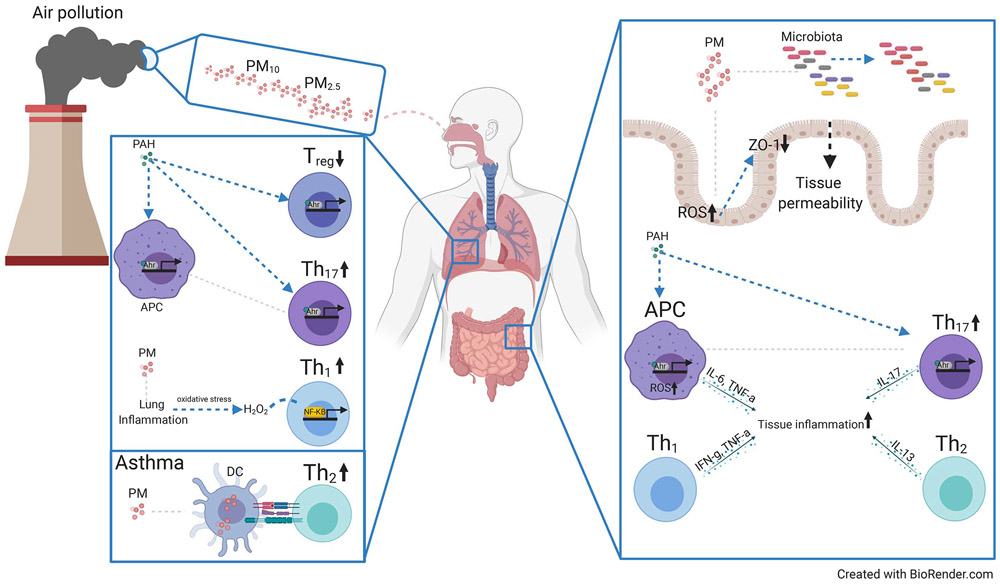Figure 4. Air pollution effects on mucosal T cell function and homeostasis.
Schematic showing effects of particulate matter (PM) derived from air pollutants on the lung and intestinal immune system. The smaller sized PM2.5 can seed the lung tissue and activate several inflammatory pathways, via uptake by DC and other antigen-presenting cells (APC) which promote proinflammatory cytokine production by T cells. Polyaromatic hydrocarbons (PAH) are a component of PM which bind the aryl hydrocarbon receptor (AHR) expressed by T cells to promote Th17 and inhibit Treg generation. Allergic asthma can be directly triggered by PM or exacerbated due to PM promoting Th2 responses. Right: Schematic showing effects of PM on the intestinal immune system. PM accumulation in the gut tissue alters the microbiota and upregulates reactive oxygen species (ROS) production in the epithelial cells, increasing intestinal permeability and oxidative stress in the tissue. PAH induces AHR activation in APCs and Th17 cells in the gut, increasing local inflammation.

